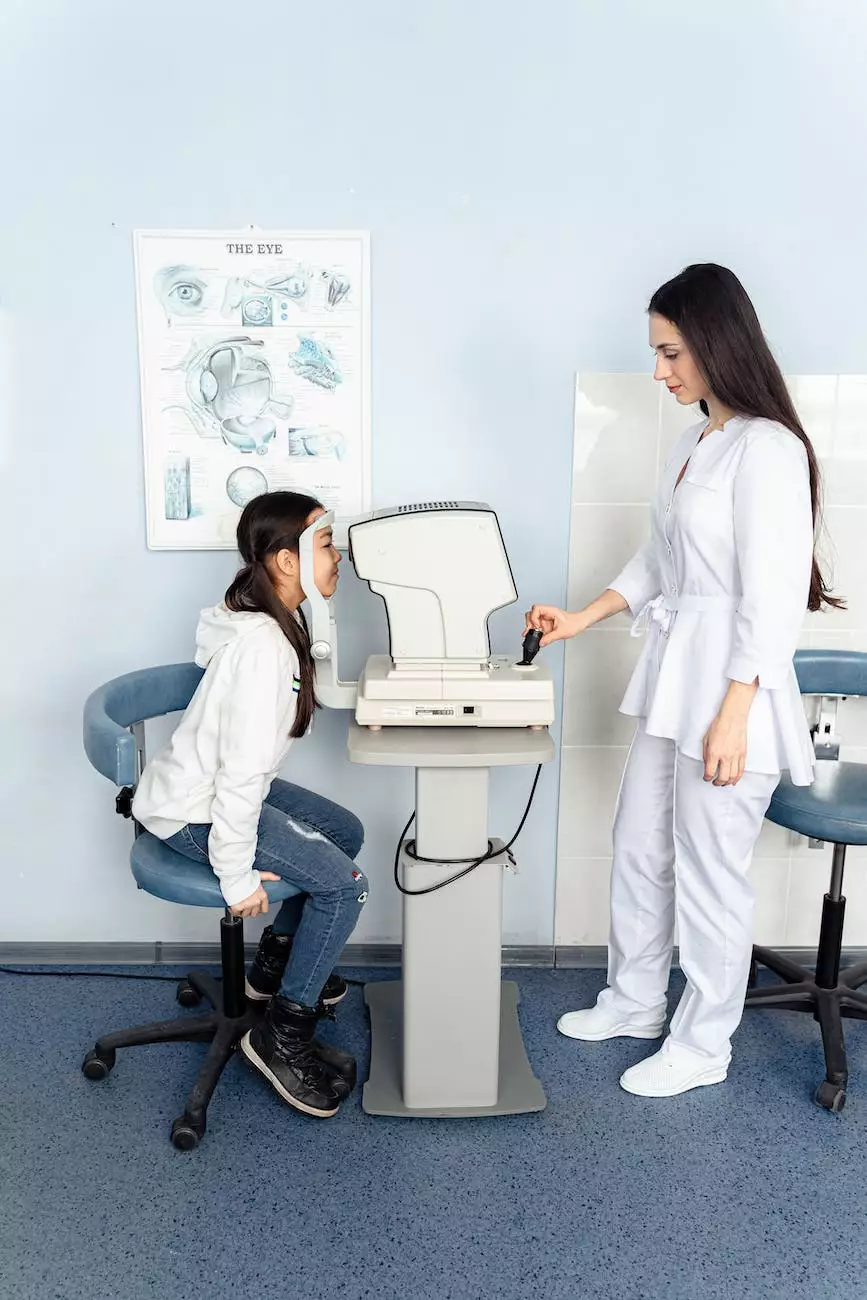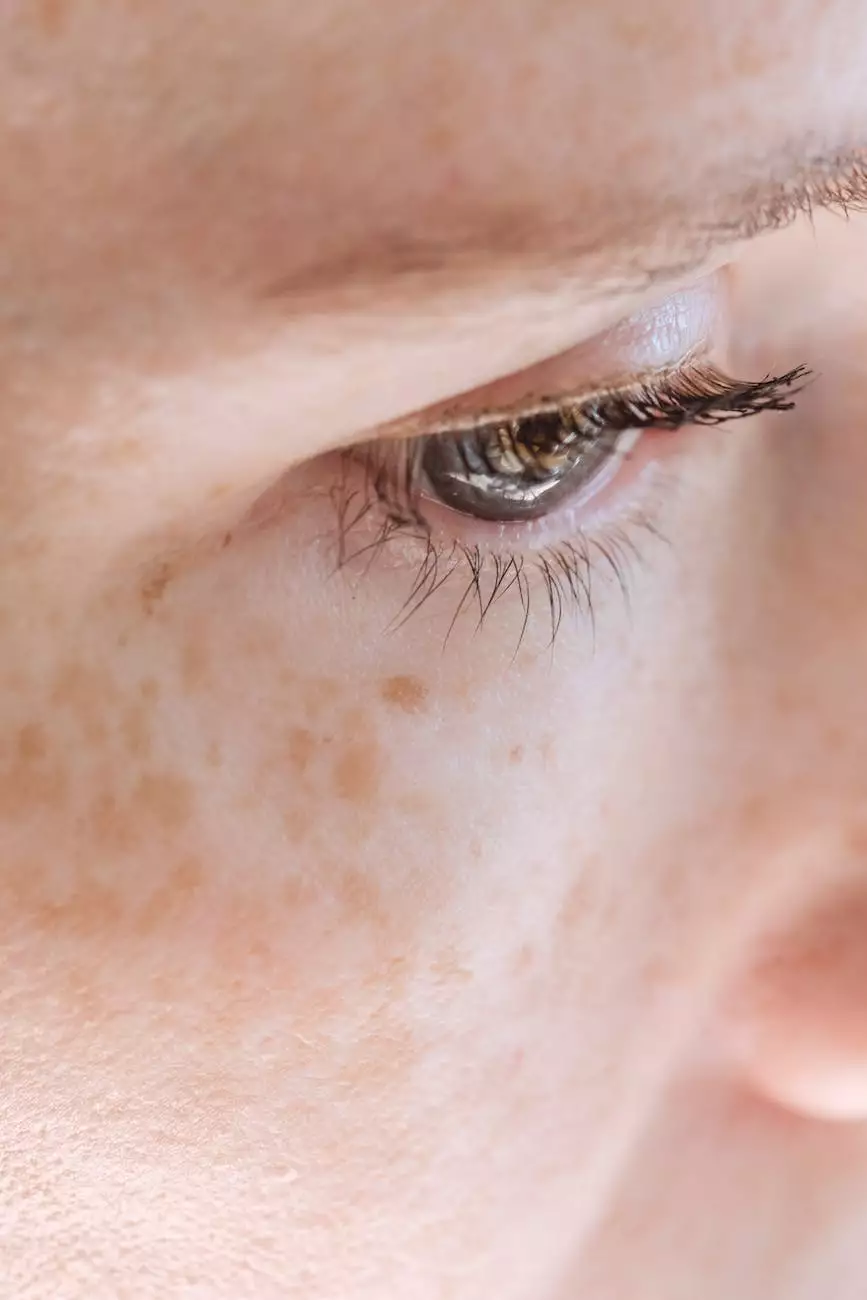Resources

Frequently Asked Questions (FAQs) - Eye Health and Vision Care
Welcome to the Resources page of David J Scholten, OD, PC, where we provide comprehensive patient resources to help you gain valuable insights into eye health and vision care. In this section, you will find answers to frequently asked questions (FAQs) related to various aspects of eye care and vision correction. Our aim is to optimize your knowledge and empower you to make informed decisions about your eye health.
1. General Eye Health
Question: What are some common eye conditions and diseases I should be aware of?
Answer: Eye health encompasses a wide range of conditions, including but not limited to cataracts, glaucoma, macular degeneration, diabetic retinopathy, and dry eye syndrome. Each of these conditions can have a significant impact on your vision and overall well-being. Regular eye exams can help detect and manage these conditions at early stages.
Question: How often should I schedule an eye exam?
Answer: It is recommended to have a comprehensive eye examination every 1 to 2 years, depending on your age, overall health, and any existing eye conditions. Routine eye exams are essential in detecting problems early on and ensuring your eyes remain healthy.
2. Vision Correction
Question: What options are available for vision correction?
Answer: There are various options for vision correction, including glasses, contact lenses, and refractive surgery. The suitability of each option depends on factors such as your prescription, lifestyle, and personal preferences. Consulting with an optometrist will help determine the best solution for your specific needs.
Question: Is LASIK a safe and effective procedure for vision correction?
Answer: LASIK (Laser-Assisted In Situ Keratomileusis) is a popular refractive surgery procedure that can correct nearsightedness, farsightedness, and astigmatism. It is considered safe and effective for many individuals. However, it is important to have a thorough evaluation by an experienced refractive surgeon to determine if you are a suitable candidate for the procedure.
3. Pediatric Eye Care
Question: At what age should my child have their first eye exam?
Answer: The American Optometric Association recommends that children have their first comprehensive eye examination at around 6 months of age. Early detection and management of any eye conditions or vision problems are crucial for a child's development.
Question: How can I protect my child's eyes from digital eye strain?
Answer: Digital eye strain is becoming increasingly common in children due to prolonged exposure to digital screens. Encouraging regular breaks, maintaining proper distance from screens, and ensuring adequate lighting can help reduce eye strain. Additionally, having your child's vision checked regularly can detect any potential vision issues.
4. Contact Lens Care
Question: How should I clean and care for my contact lenses?
Answer: Proper contact lens care is crucial to maintain good eye health and prevent infections. Follow the instructions provided by your optometrist or the contact lens manufacturer. Cleaning solutions, storage cases, and lens replacement schedules should be adhered to strictly.
Question: Can I sleep with my contact lenses on?
Answer: It is generally not recommended to sleep with contact lenses on, unless specifically designed for extended wear. Sleeping with regular contact lenses increases the risk of eye infections and complications. Consult with your eye care professional to determine if extended wear lenses are a suitable option for you.
5. Low Vision Support
Question: What is low vision, and how can it be managed?
Answer: Low vision refers to significant vision loss that cannot be fully corrected with glasses, contact lenses, medication, or surgery. Various aids and strategies can help individuals with low vision to make the most of their remaining vision. These include magnifiers, specialized lighting, and occupational therapy.
Question: Where can I find additional support for low vision?
Answer: There are several organizations and support groups that specialize in assisting individuals with low vision. These organizations provide resources, tools, and emotional support to help individuals cope with their visual impairments and lead fulfilling lives despite the challenges.
At David J Scholten, OD, PC, we strive to provide valuable resources and answers to your eye health and vision care concerns. Our team of experienced eyecare professionals is dedicated to enhancing your vision and overall well-being. Remember, your eyes are precious, and regular eye care is vital in maintaining optimal eye health. If you have any further questions or would like to schedule an appointment, please don't hesitate to contact us. We are here to support you on your journey towards healthy vision!









